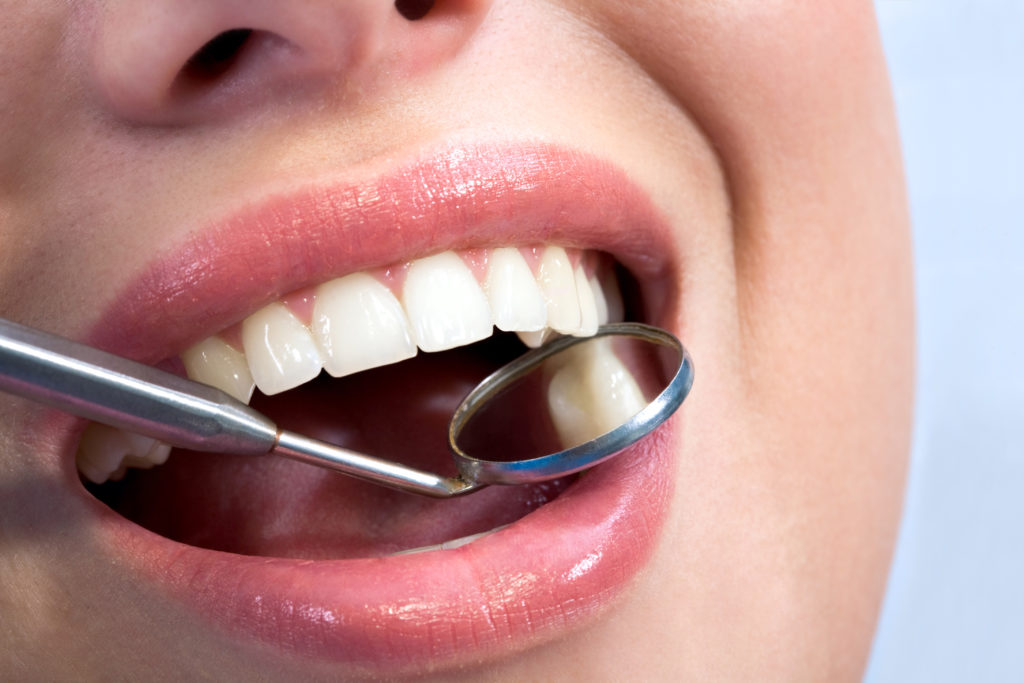The Academy of Implant Dentistry states that more than 30 million people in the US have missing teeth. Tooth extraction or losing your tooth in an accident will leave gaps that can have severe oral health implications.
One of the complications most patients with missing teeth experience is bone loss. Here are some facts on jawbone resorption and why an oral health professional could recommend dental implants.
Missing Teeth and Bone Loss
When you have missing teeth, your jawbone becomes depleted. Resorption is a natural process where the bone losses its mass. It is necessary to allow for the formation of new bones. However, resorption could be at a much higher rate, leading to a net loss of bone mass.
The problem becomes worse as we grow older. The body of a toddler can replace 100% of the skeleton, while for a grownup, it happens at rate ten times lower.
When you chew food, the action stimulates parts of the jawbone, encouraging the creation of bone mass. That means, after a tooth extraction, resorption is likely to happen. In such cases, dental professionals may recommend dental implants to address the problem.
Other causes of Jawbone Resorption
Other reasons may cause your jawbone to disintegrate at an unhealthy rate. Oral conditions like periodontal disease can damage the soft tissue, loosen teeth, and destroy the bone. Also, wearing dentures can increase the rate of bone loss.
Additionally, conditions such as Osteoporosis could be a risk factor for bone loss. In a study, women with back problems had higher rates of bone loss than the control group.
The Implications of jawbone Resorption
Jawbone resorption can cause a host of problems, especially if there is a delay in treatment with dental implants. One of the effects of bone loss is that the face starts to change shape. The lower jaw recedes, pushing the upper jaw forward. It also thins your lips, and wrinkles develop around the mouth, which makes you look older.
Other complications you may experience include:
- Gum instability due to infected teeth
- Chipped, crooked, and severely decayed teeth
- Numbness and pain on the gums
- Discoloration and recession of tooth root
Dental Procedures and Bone Loss
Straightening the teeth is an essential procedure that can prevent oral health problems. But the shifting of teeth has been shown to result in jawbone depletion. However, the loss is temporary, and your jaw will often regain the mass during recovery. After oral surgery, the dental professional will monitor your progress to prevent complications.
Diagnosis and Treatment Options
If your experience bone loss, your dental professional will carry out tests to determine the cause. If the condition is severe, your dentist will recommend an oral surgery procedure such as bone grafting. But in cases where you have missing teeth and significant bone mass, dental implants are the standard for preventing resorption.
Time to Schedule a Dental Checkup
Advancements in dentistry have led to procedures that are less intrusive yet more effective. If you suspect you have dental problems, the best next step is to schedule a checkup. After the exam, you can make decisions about your oral health with confidence. At Advanced Dental Implants, technologically advanced practice and we utilize digital scanners, 3D Cone Beam Imaging, and sophisticated treatment planning software to ensure all our patients get the best treatment possible. For more on this, schedule an appointment with us today.


 >
>


